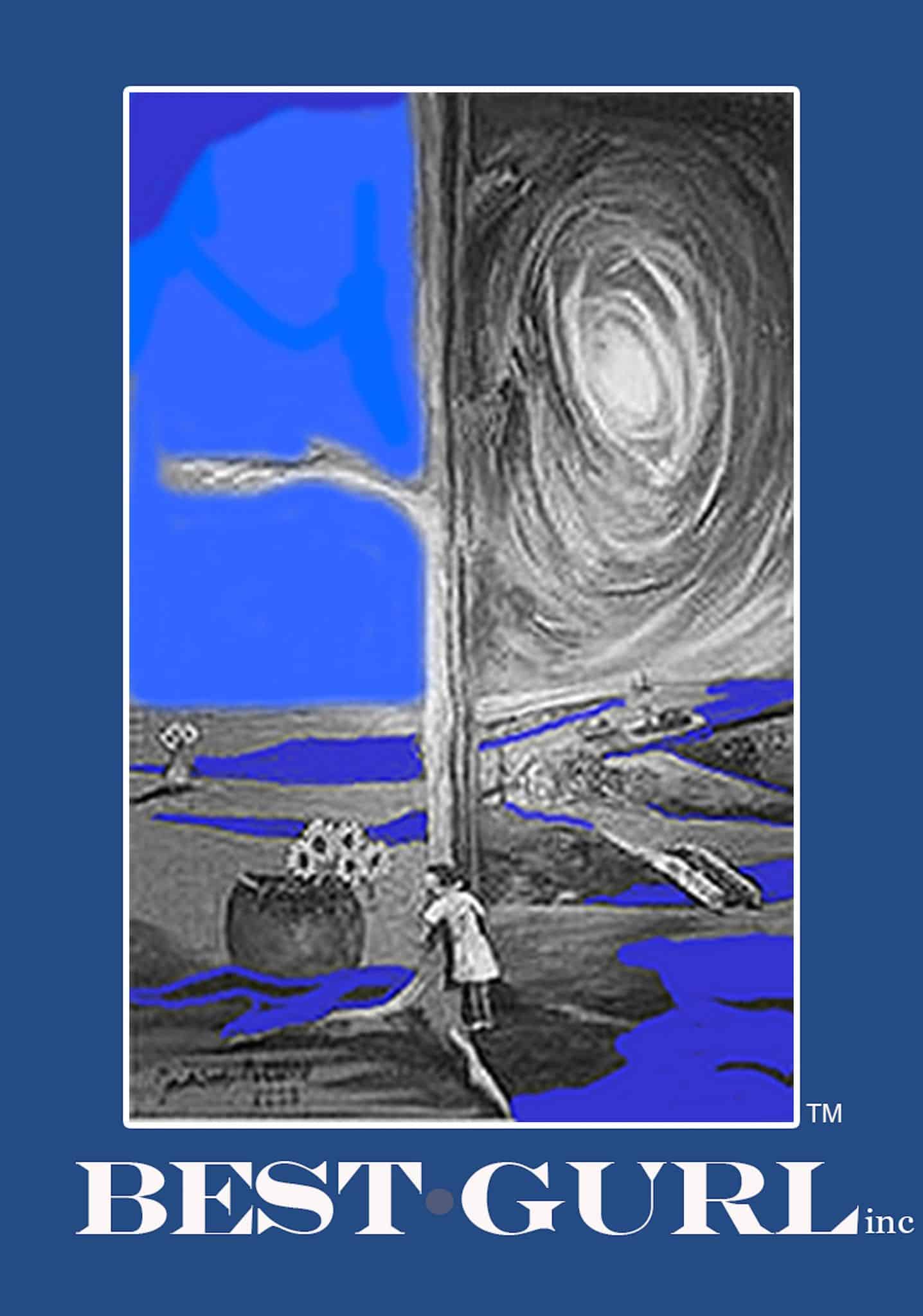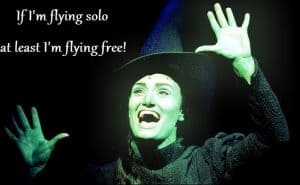

Like most people, I’ve watched the movie Wizard of Oz since I was a very young girl. Like many, I’ve also read all of the L. Frank Baum books. More recently, as an adult I’ve read all of The Wicked Years book series by Gregory Maguire and have seen the Broadway play adaptation of Wicked twice. That either makes me a huge fan or slightly obsessed (laughing)! Eh, a little of both, actually. I always cried near the end of Wizard of Oz, long before Dorothy ever made it back to Kansas. When I was about 8, Mommy asked me why; some people still do.
I learned a lot about leadership and people from the characters in the film, books (both sets) and musical play. Recently, I discovered a great article by Sharon Kruse and Sandra Spickard Prettyman that also deals with leadership. Here’s what I learned from the collective “Ozian” tales.
The Wizard was the kind of leader who pretends to be more than they are, while using others to do the things they are afraid and incapable of doing themselves... having Dorothy kill the Witch of the West. They change appearance and behaviors to compensate for their fear and have no real ability, just trinkets they use to keep others distracted or complacent. Remember, in the film the Wizard was also the gatekeeper, carriage driver and guard. He proclaimed himself to be “the great and powerful,” (Kruse & Prettyman, p. 459) but did nothing about providing solutions for the social and cultural injustice present in the Wicked books and play. In fact, this type of leader will turn popular opinion against those who point out their shortcomings in an effort to destroy credibility... Wicked. Just like the Wizard’s balloon, this kind of leader is full of hot air with no substance.
Glinda is the kind of leader who uses appearance and charm to gain “position and power,” (Kruse & Prettyman, p. 457). They use popularity (Wicked) as a way to establish and maintain their status, while never really doing more than building a “power base” through charming others to do their bidding. In the film, Glinda didn’t go take the shoes for herself, she charmed Dorothy into doing it for her. Then, because she wanted the Witch of the West gone to solidify her position as the only Witch in Oz, she “neglected” to tell Dorothy that the shoes could immediately take her home. Again, Glinda used her appearance, “little girl voice,” and popularity with the Munchkins to convince Dorothy to travel to Oz for help when she could have helped her right then. This kind of leader is always, always about maintaining popularity and appearance... doesn’t matter that nothing is accomplished and people sometimes get hurt.
That brings me to Dorothy. Ugh! She led by using others to get what she wanted. The Scarecrow was needed for all of the planning that had to be done. Getting from Munchkinland to Oz, getting to the Witch’s castle, figuring out that Glinda could help Dorothy after the Wizard took off. The Tin Man was willing to sacrifice himself to keep her safe. Putting out the fire, rusting in the poppy field, fighting off the Winkie soldiers. And the lion, of course, was useful because of his size and strength. Sometimes I think this kind of leader is most dangerous because they get people committed to the goal, then leave behind the very ones who got them “there” once the goal is reached.

Last, but not least to me, is the Witch of the West/Elphaba. She represents the kind of leader who doesn’t seek attention or fame, doesn’t really “fit in” with the other leadership types, and refuses to remain silent about the injustice or oppression of others. They are “outsiders,” (Kruse & Prettyman, p. 459) and, eventually, they like it that way. The trouble with this type of leader is that they are usually vilified by those who are in power and loved by those who are also oppressed. Frequently, they are on the receiving end of plans to “bring her down,” (Kruse & Prettyman, p. 459). These people step into leadership roles, not because they seek power and popularity, or have their own agenda/goal but to meet a present and persistent need of others. All too often, they achieve the end of the injustice or oppression only to be brought down for their efforts.
Do I read/watch too much into the books, movie and play? Maybe. Then again, there are lessons everywhere if we pay attention (smile). Think about the leaders you know, I’ll bet you could categorize each into one or more of these four types if you are honest.
So, when did I cry during the movie, books, and play? I cried when the Witch of the West/Elphaba was “liquified,” of course! Buy why the Witch? Well, if someone killed your sibling, stole your inheritance, then acted like you were the wicked one... you’d be angry and go after them too!